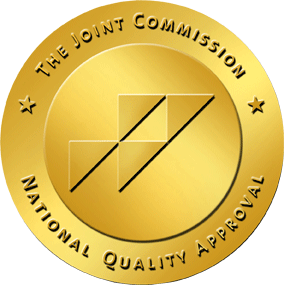Understanding Mood Disorders
Mood disorders are a category of mental health disorders that primarily affect a person’s emotional state. Common mood disorders include major depressive disorder, bipolar disorder, and related conditions. They can lead to significant disruptions in daily life, affecting relationships, work, and overall well-being.
View our blog on high-functioning depression.
Symptoms of Mood Disorders
Symptoms of mood disorders can vary depending on the specific condition but generally include:
Major Depressive Disorder: Persistent feelings of sadness, loss of interest in activities, changes in appetite, sleep disturbances, fatigue, feelings of worthlessness or guilt, difficulty thinking or concentrating, and recurrent thoughts of death or suicide.
Bipolar Disorder: Episodes of mood elevation (mania or hypomania) that include increased energy, reduced need for sleep, grandiosity, increased talkativeness, racing thoughts, and sometimes severe irritability. This alternates with episodes of depression.
Anxiety Symptoms: In some mood disorders, anxiety can be a significant component, manifesting as persistent worry, restlessness, physical symptoms like rapid heart rate, and difficulty concentrating.
Mood Disorder Diagnosis
Diagnosing mood disorders typically involves:
Psychological Evaluation: Discussing thoughts, feelings, behavior patterns, and symptoms with a mental health professional. This may include completing questionnaires.
Medical Examination: To rule out physical causes for the symptoms.
Diagnostic Criteria: Mental health professionals use the DSM-5 criteria to diagnose mood disorders, evaluating the nature, duration, and severity of symptoms.
Mood Disorder Treatment
Treatment for mood disorders varies based on the specific disorder and individual needs:
Psychotherapy: Cognitive-behavioral therapy (CBT), interpersonal therapy, and other forms of therapy can be effective.
Medications: Antidepressants, mood stabilizers, and antipsychotics may be prescribed, depending on the disorder.
Lifestyle Modifications: Regular exercise, a healthy diet, and sufficient sleep can support overall mental health.
Treatment for Co-occurring Anxiety: In cases where anxiety is prominent, treatments may also focus on anxiety management techniques.
Coping & Support for Mood Disorders
Living with a mood disorder can be challenging, but various coping strategies can provide significant relief:
Education: Learning about mood disorders can empower individuals and their loved ones to understand and manage the condition more effectively.
Regular Therapy: Engaging in ongoing psychotherapy can provide tools and strategies for managing symptoms.
Support Groups: Connecting with others facing similar challenges can provide comfort and practical advice.
Self-Care Practices: Activities like mindfulness meditation, yoga, or other relaxation techniques can help manage stress and improve mood.
Routine Maintenance: Establishing and adhering to a daily routine can provide structure and stability.
Seek Professional Help: Regular check-ins with mental health professionals are crucial for monitoring symptoms and adjusting treatment plans.
You Can Do This
Mood disorders are complex conditions that require a multifaceted treatment approach. With appropriate care and support, individuals with mood disorders can lead fulfilling lives. It’s important to seek professional help and utilize available resources for the best outcomes.
